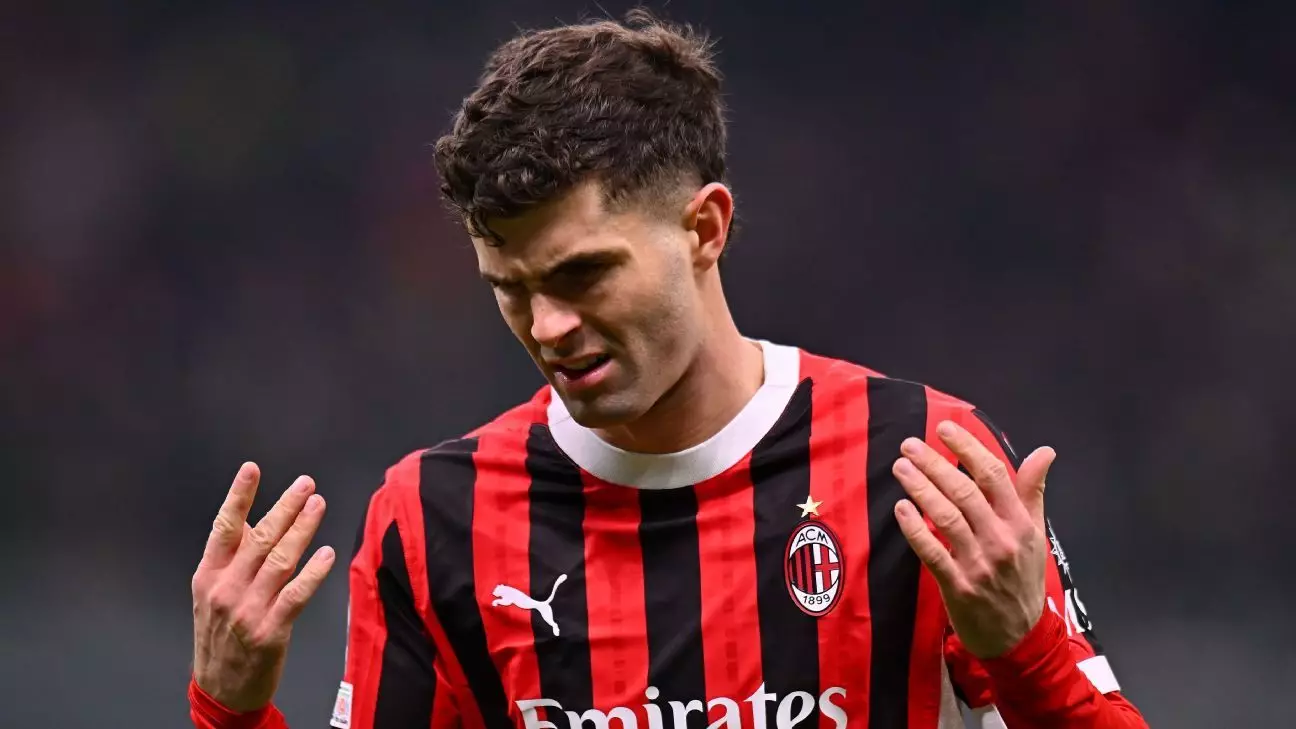AC Milan’s recent loss in the Champions League exemplifies the bittersweet nature of football, where anticipation often clashes with harsh reality. The Rossoneri faced Feyenoord needing to overturn a narrow 1-0 deficit from the first leg but found themselves held to a 1-1 draw at home, resulting in a 2-1 aggregate defeat. This outcome heaped disappointment on the club’s faithful, particularly given their investments during the winter transfer window, which included notable signings like Joāo Félix and Santiago Gimenez. Zlatan Ibrahimovic, a pivotal figure in Milan’s resurgence, defended the club’s transfer decisions, emphasizing that while the Champions League was a key objective, expectations must align with reality.
Ibrahimovic’s recent transition from player to senior advisor has provided him with a unique perspective on the club’s strategy and performance. Despite the exit from European competition, he has stated that this squad boasts greater potential than the one that clinched the league title in the 2021-2022 season. The departure of key figures such as Olivier Giroud and Davide Calabria has been part of a broader strategy to evolve the team’s composition. Ibrahimovic’s confidence in the squad speaks to a belief in their capabilities; however, such claims must be scrutinized against the backdrop of recent results. The team’s talent on paper does not always translate into on-field success, as evidenced by their inability to perform under pressure during critical moments.
On the night of their elimination, Milan’s challenges were only exacerbated when Theo Hernández received a second yellow card early in the second half, reducing the team to ten players. This incident catalyzed a shift in momentum, transforming what appeared to be a competitive fixture into a struggle for survival. Ibrahimovic highlighted the officiating decision as harsh; however, the team must also own their shortcomings. The moments that led to their downfall—like Hernández’s dismissal—illustrate a lack of experience and composure in high-stakes situations. Ibrahimovic aptly remarked that the team must engage in self-reflection, acknowledging their failings without shifting blame onto external factors.
In the wake of this disappointing European campaign, Ibrahimovic has urged the players to redirect their focus toward Serie A, where they currently sit in seventh place, trailing Juventus by five points. The road ahead poses a formidable challenge, as Milan aims to reclaim a top-four finish to secure Champions League qualification for the next season. Ibrahimovic’s commitment to fostering unity within the squad speaks to the importance of maintaining morale post-competition. The team’s aspirations are still alive, with the Coppa Italia representing another opportunity for silverware. However, success in domestic competitions cannot mask the urgency with which Milan must address their strategic and tactical shortcomings.
The ongoing development of AC Milan’s squad must include an honest appraisal of their performances—both individually and collectively. Ibrahimovic’s role as an advisor could facilitate the necessary evolution, fostering a mentality that prioritizes resilience and maturity. While the talent is evident and the potential is there, the execution during high-pressure matches leaves room for growth. The balancing act between ambition and accountability is crucial as Milan navigates the remainder of their season. As they strive to salvage their campaign, their next steps will be pivotal in determining whether they merely reflect on past glories or embolden themselves to forge a more successful future. Ultimately, Milan’s journey is far from over; it is merely a chapter that demands insightful lessons learned amid the disappointment.

